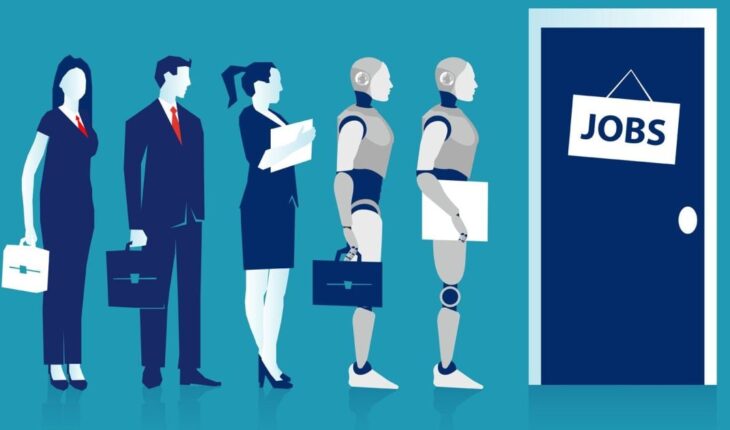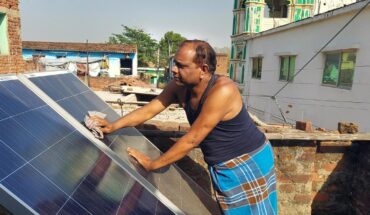It is difficult to predict with certainty which jobs will be safe from the AI revolution, but jobs that require a high degree of creativity, emotional intelligence, and critical thinking skills will be less likely to be automated.

AI ((Artificial Intelligence) has the potential to significantly impact the job market. On one hand, AI can help to automate many repetitive and mundane tasks, freeing up humans to focus on more strategic and creative work. This could lead to an increase in productivity and efficiency in many industries. However, the downside of this is that some jobs may become obsolete, particularly those that are heavily reliant on manual labour or low-skill tasks that can be automated. This could lead to job displacement for some workers, and it is important that steps are taken to ensure that those workers are able to acquire the skills needed for new types of work.
It is difficult to predict exactly which jobs will be taken over by AI in India as it largely depends on the rate of adoption and development of AI technology. However, some of the industries that are expected to be greatly impacted by AI in India include Manufacturing, Customer service, Transportation, Finance and accounting, and Healthcare. With the increased use of automation and robotics, jobs involving repetitive tasks in manufacturing are likely to be taken over by AI.
The use of chatbots and virtual assistants is already becoming popular in the customer service industry in India, and this trend is expected to continue. Logistics and delivery jobs may be impacted by autonomous vehicles and drones. Jobs that involve data entry and analysis may be replaced by AI-driven software. AI is being used to diagnose diseases and analyze medical images, which may impact some healthcare jobs.
On the other hand, AI is also creating many new job opportunities, particularly in areas such as data science and machine learning. These fields are experiencing rapid growth and demand for skilled workers is high. Actually, it is difficult to predict with certainty which jobs will be safe from the AI revolution, as the technology continues to advance and become more capable. However, it is generally thought that jobs that require a high degree of creativity, emotional intelligence, and critical thinking skills will be less likely to be automated.
There are some jobs that may be less vulnerable to automation. For example, healthcare professionals, such as doctors and nurses, who require a high level of human interaction and decision-making, and creative professionals, such as writers, artists, and musicians, who rely on their creativity and imagination to produce their work. Teachers and educators play a critical role in shaping the next generation and require a deep understanding of human behavior and psychology. Skilled tradespeople, such as plumbers, electricians, and carpenters, who require a high degree of manual dexterity and problem-solving skills will also be safe. Professionals in the law and finance industry, who require a deep understanding of complex systems and regulations may also remain unaffected.
However, it’s important to note that AI may continue to advance and become more capable, and it’s possible that even the above jobs could be impacted in the future. Therefore, it’s important for individuals in all roles to stay up-to-date with the latest technological developments and continue to develop new skills throughout their careers. The impact of AI on the job market will depend largely on how it is implemented and the steps taken to ensure that workers are able to adapt to any changes that may occur. It is important for people to adapt to the changes by upskilling and reskilling to remain relevant in the job market.
The writer is a senior journalist and columnist. Views are personal
Twitter @narvijayyadav




